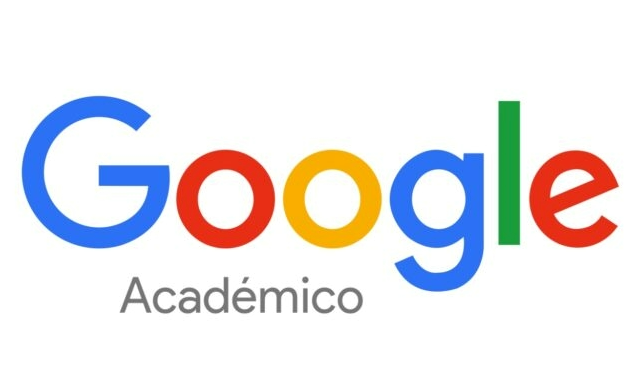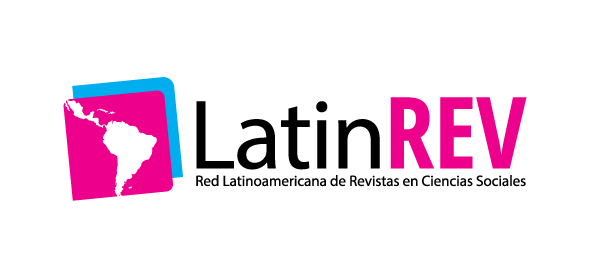ENFOQUE SISTÉMICO DE INVESTIGACiÓN Y DESARROLLO PARA LA MEJORA CONTINUA DE LA EDUCACIÓN
DOI:
https://doi.org/10.70833/rseisa2item47Keywords:
System, strategic educative management, investigation and development, educative qualityAbstract
This work is developed from a project of investigation that it tries to analyze, to describe and to sustain, with scientific criterion, the underlying implications to an effective and harmonic symbiosis between the National University of Itapúa (UNI), through the Faculty of Humanities, Social Sciences and Guaraní Culture and the system of average education in relation to the educative management and the necessities of investigation and development (I+D) in a frame of continuous improvement of the one of the average education in the Region.
With the exposed thing it is tried to maintain the Social hypothesis that the conceived educative investigation under a systemic model of development for a strategic management of the continuous improvement of the quality of the education is feasible from the conditions of the context of Pedagogical Zone of 2 Itapúa and the participation of the Faculty of Humanities, Sciences and Guaraní Culture of the National University of Itapúa.
The base paradigm with which east work is identified is qualitative or the interpretative one, looking for to include/understand and to interpret the reality from the optics of the own actorsinvolved in the investigated phenomenon.
The proposals could have practical sustenance in a strategic plan based on a systemic model of the investigation and development that allows establishing rules and networks of inter institutional relations, directionalities and intentionalities shared within the educative system of the region. The development of the plan would leave from the conception of an integrated system of investigation and development (SI+D) for the management of the continuous improvement of the educative quality caused by investigation equipment and management integrated by educative agents of the Faculty of Humanities, Social Sciences and Guaraní Culture and those of the Primary Education and Measured Public, on the basis of the conditions of the regional educative context.
Downloads
References
MARCHESI, Alvaro (2007). Un Proyecto Educativo Iberoamericano. OEI-Fundación Carolina. (en línea) Consultado 6 de mayo de 2007. Disponible en http://www.cidi.oas.org/educ40anivSand.htm.
MARTÍNEZ, F. (1999). ¿Es posible una formación sistemática para la investigación educativa? Algunas reflexiones. Revista Electrónica de Investigación Educativa, 1 (1). Consultado el 11 de mayo de 2007. Disponible en: http://redie.uabc.mx/vol1no1/contenido-mtzrizo.html
MICHEL, Alain (2002). La conducción de un sistema complejo: La Educación Nacional. Revista Iberoamericana de Educación. Organización de Estados Iberoamericanos (OEI) Para la Educación, la Ciencia y la Cultura. N° 10 (1).
MUÑOZ, José F., Quintero, Josefina, Munévar, Raúl A. (2001). Cómo desarrollar competencias investigativas en educación. Bogotá: Cooperativa Editorial Magisterio.
PARAGUAY. Consejo Nacional de Educación y Cultura (CONEC) (2005). Situación y Perspectivas de la Educación Paraguaya. Asunción, Paraguay.
RIVAROLA, Domingo (2000). Nueva Educación y Democracia: ¿Realidad o Utopía? Fundación Rufina C. Ferraro/Centro Paraguayo de Estudios Sociológicos (CPES). Asunción, Paraguay
TEDESCO, Juan Carlos. (2003). Investigación educativa: de la ciencia social a la filosofia social. Revista Electrónica de Investigación Educativa, 5 (2). Consultada el día de mes de año en: http://redie.uabc.mx/vol5no2/contenido-tedesco.html
VIÑAO, Antonio. (2002). Sistemas educativos, culturas escolares y reformas. Continuidades y cambios Ediciones Morata. Madrid, España.
Downloads
Published
How to Cite
License
Creative Commons Attribution License CC-BY
You are free to:
Share — copy and redistribute the material in any medium or format.
Adapt — remix, transform, and build upon the material for any purpose, including commercially.
Under the following terms:
Attribution — You must give appropriate credit, provide a link to the license, and indicate if any changes have been made. You may do so in any reasonable way, but not in any way that suggests that you or your use is endorsed by the Licensor.







